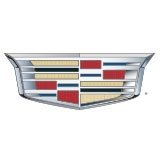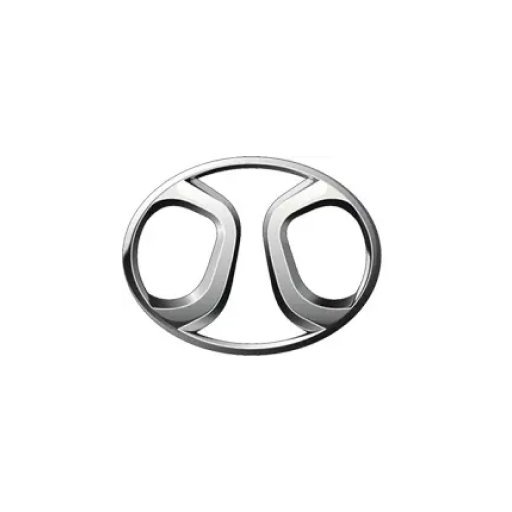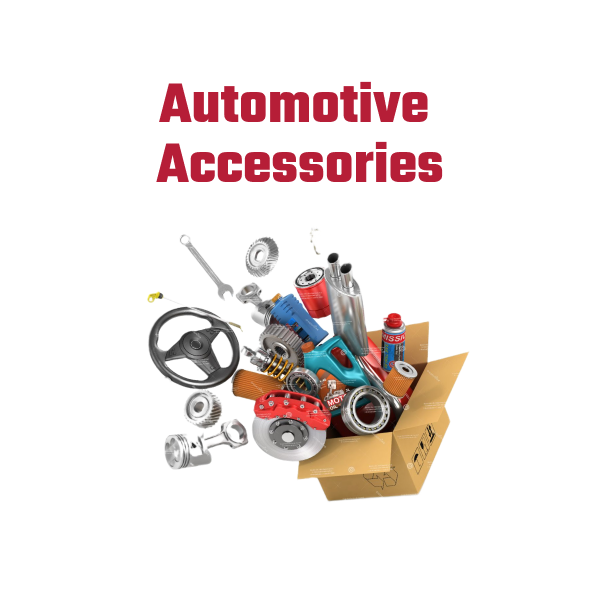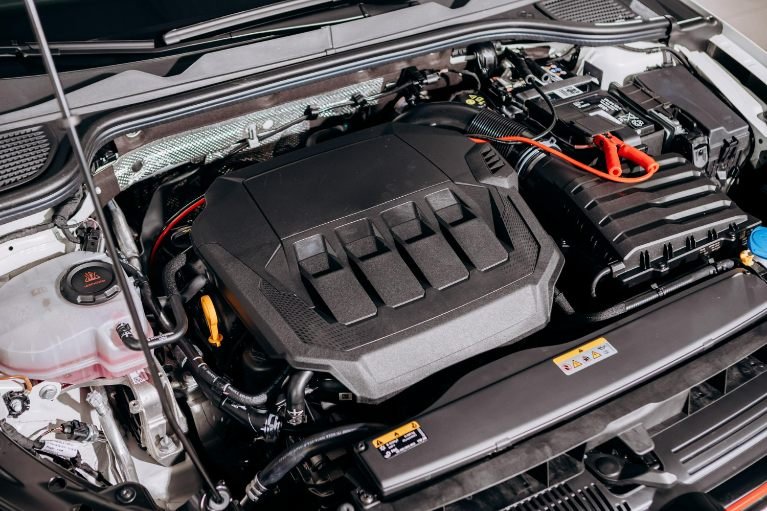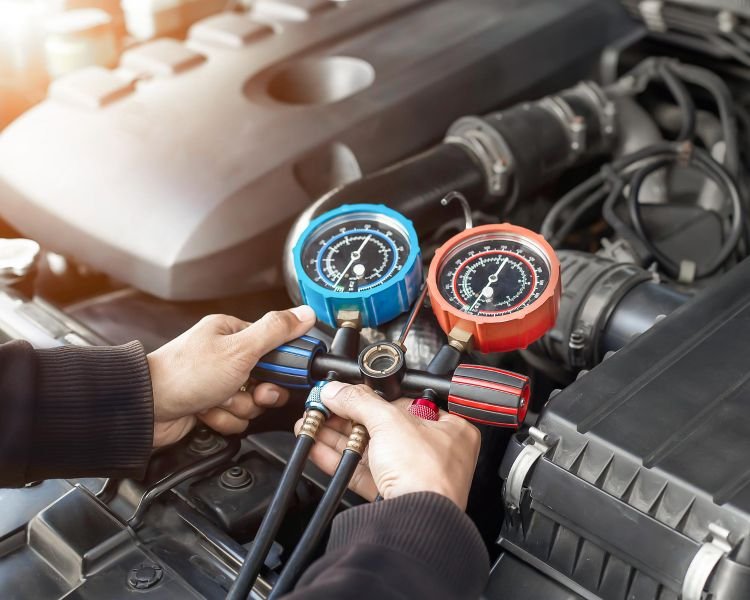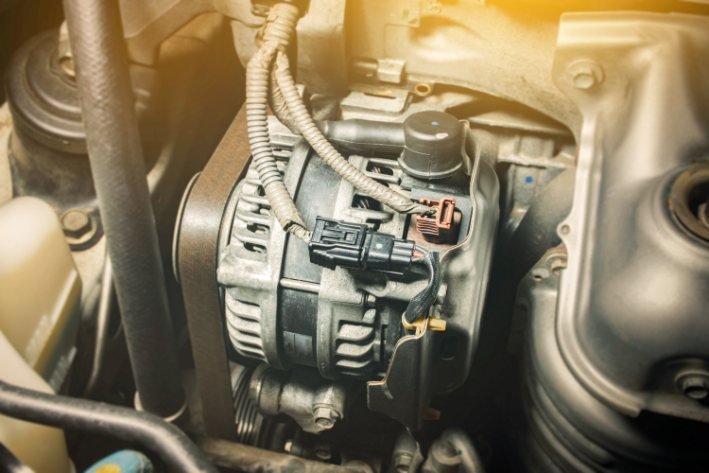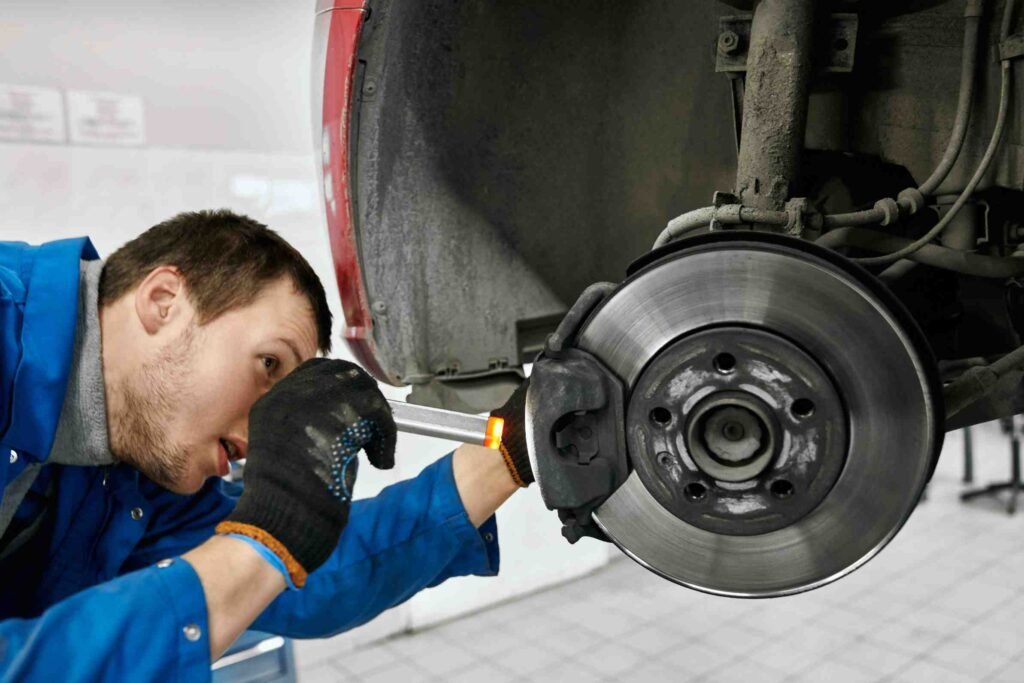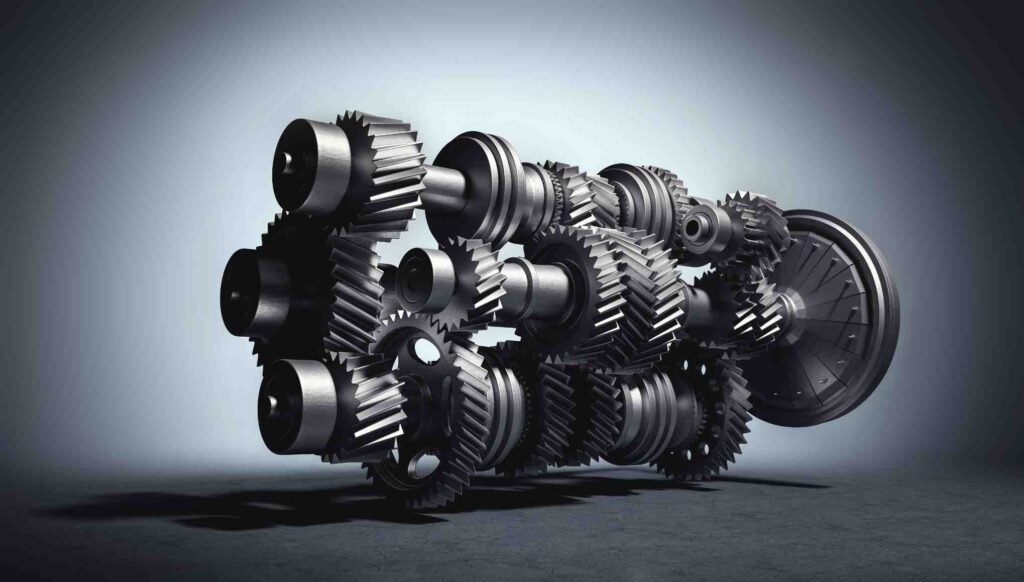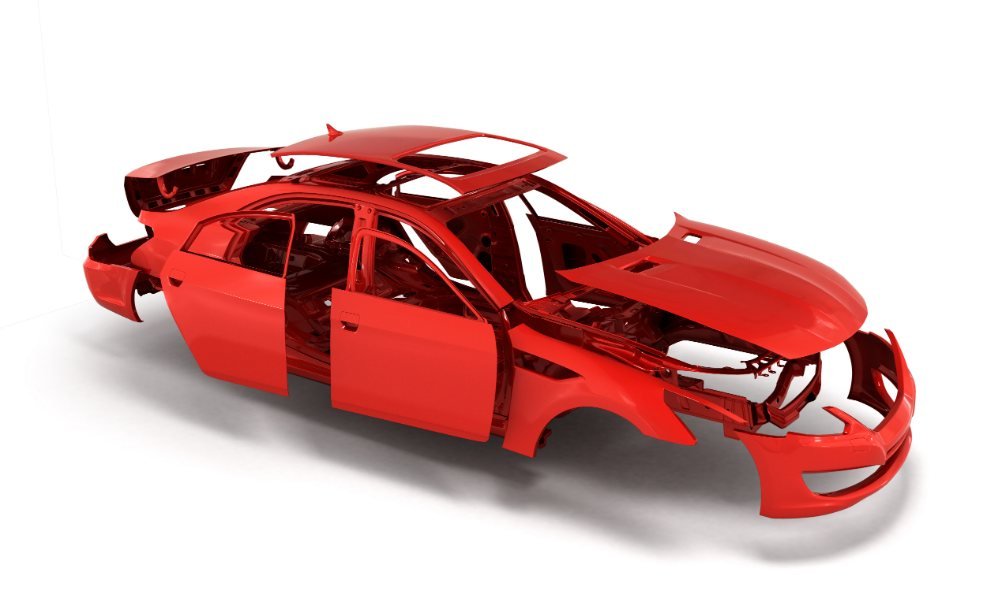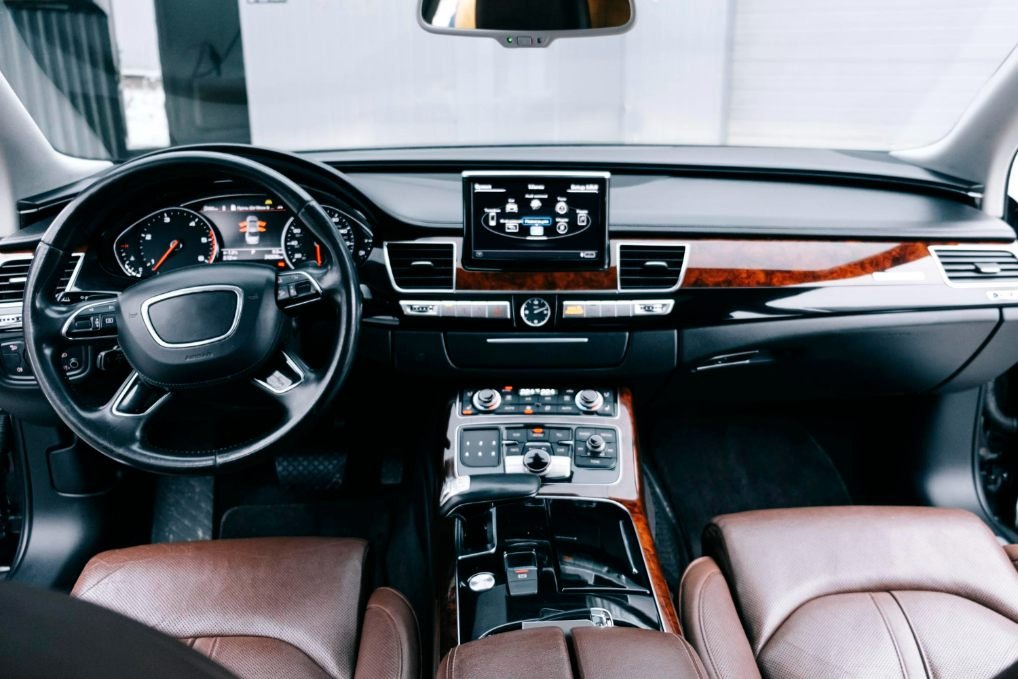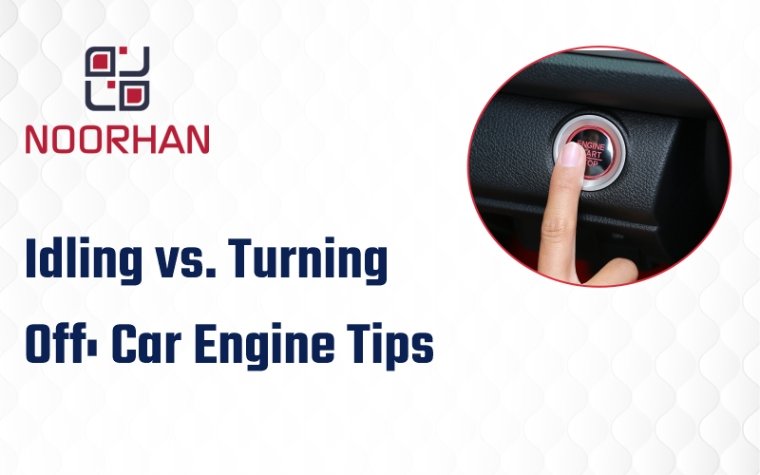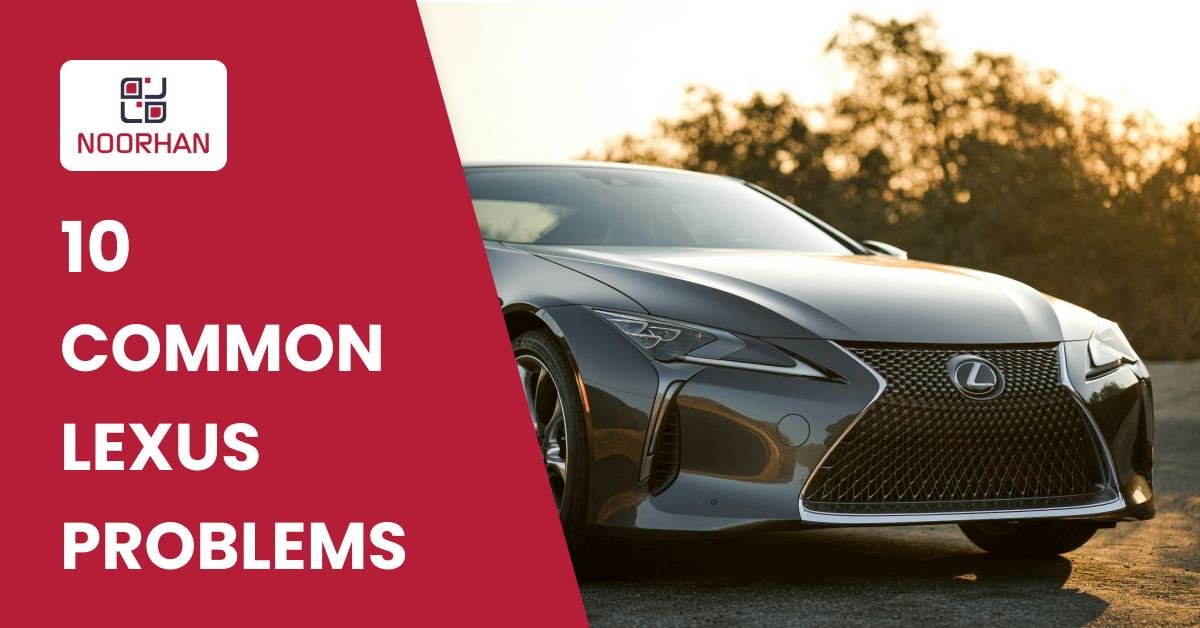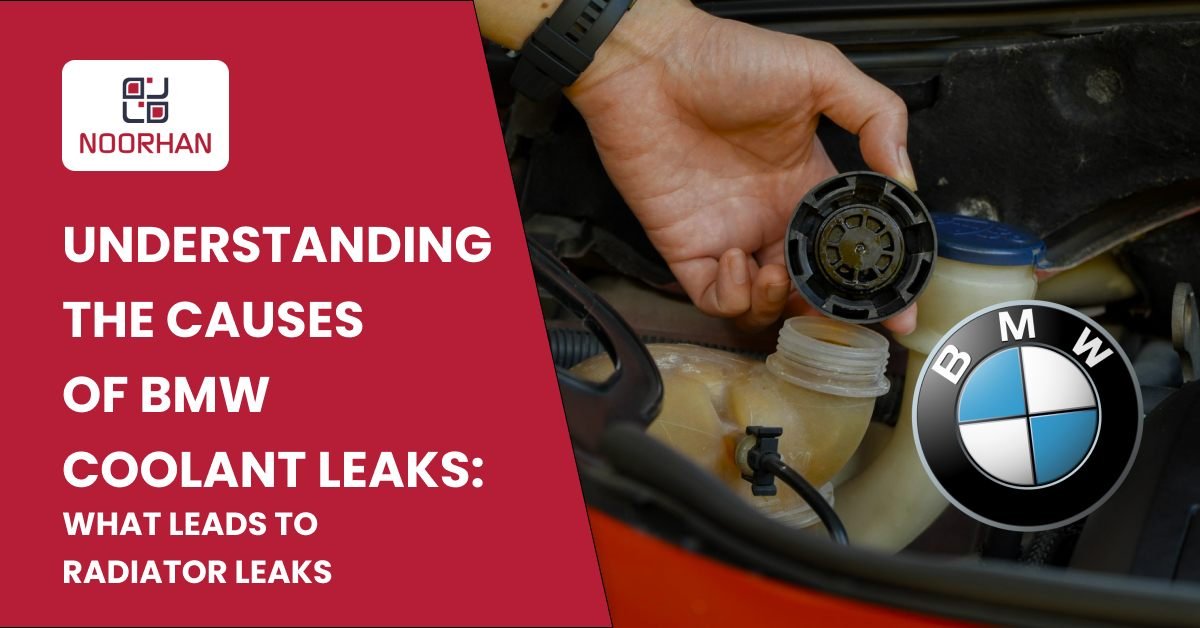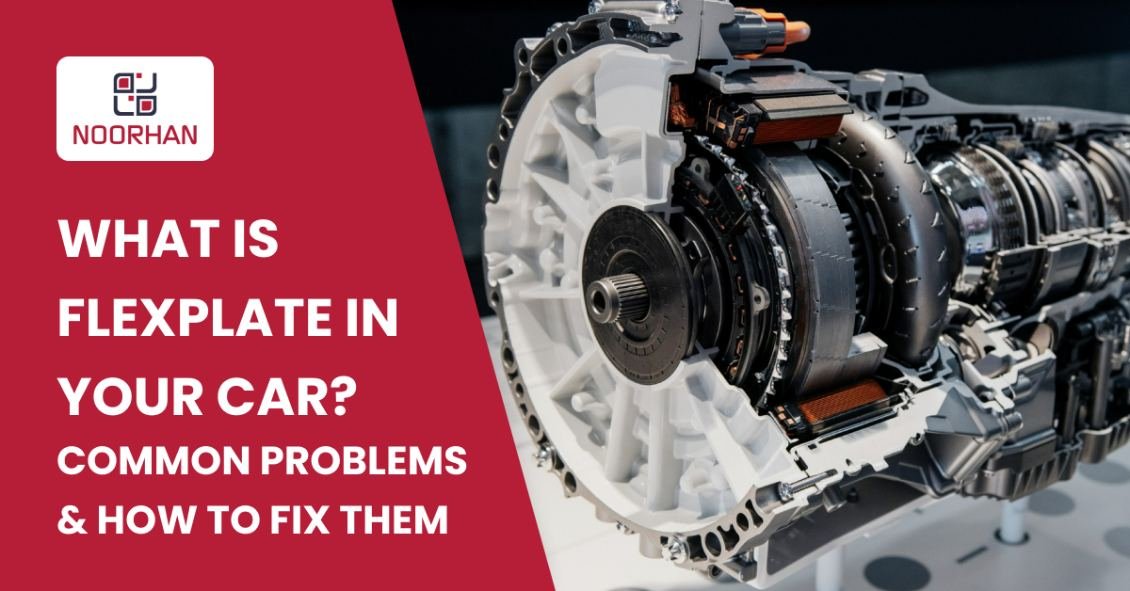Idling or turning off the engine: What’s best for your car?
Every day, we find ourselves in situations where our vehicles come to a temporary halt—be it during rush hour traffic, at lengthy stoplights, or while waiting to pick up a friend.
In these moments, a question lingers in our heads: should we turn off our engine or let it continue running – a practice most commonly known as idling? Surprisingly, this simple decision perplexes many. Why are people unable to reach a unanimous verdict?
Idling refers to the situation when your engine is running but your car isn’t moving. It frequently occurs when your car is waiting for an extended amount of time, whether at stop signs or railway crossings. And while this practice may seem completely harmless, it has some serious effects on the environment and the economy.
So should you turn the key and be idle-free? In this blog, we’ll unravel the truth behind idling and the benefits awaiting those who dare to turn off their engines.
Idling wastes fuel
Unexpectedly, idling cars can use more petrol than you might think. The amount of money you spend on fuel is only one thing; think about the frequent trips to the gas station.
Your vehicle’s idling fuel consumption is influenced by many variables, including its weight, engine size, and fuel type. It’s interesting that some states and municipal authorities have gone further and implemented anti-idling laws. These rules come with stiff fines for anyone who violates them, in addition to serving as a deterrent to excessive engine idling. So let’s explore the effects of idling in more detail and learn why it’s time to stop this fuel-wasting behaviour!
Idling is bad for the environment
Idling an engine wastes fuel and has negative environmental effects. The necessity for automobile manufacturers to provide fuel-efficient models and designs is expanding as the number of vehicles on the road increases. All those efforts, however, are wasted when we let our cars idle for long periods because fuel consumption soars and more fossil fuels are used.
Furthermore, poor air quality, a significant element impacting our well-being, is a result of using too much gasoline. The incidence of lung cancer, strokes, acute respiratory infections, heart attacks, and other disabling disorders rises as a result of air pollution, which also exacerbates respiratory problems. We already work very hard to address concerns like poor air quality and climate change, which are caused by the hazardous emissions from extended idling.
We must actively try to create a better, more sustainable environment, reduce our carbon footprints, and stop leaving our automobiles running when they don’t need to tackle these issues.
Fine for engine idling in the UAE
The UAE’s government is devoted to protecting the environment and guaranteeing public security. There are serious ramifications to take into account when many people leave their automobiles idling during brief breaks, like a trip to the ATM or a fast trip to the grocery store. This practice not only has an impact on environmental problems but also creates a serious security risk. The risk of theft increases when you leave your car running, and it is plain unsafe to leave a child alone in a moving vehicle.
Dubai Police has strict rules and monetary punishments in place in light of the seriousness of the situation. In addition to encouraging everyone to be conscientious of their actions and make appropriate decisions when it comes to car idling, officials hope to safeguard both the environment and people’s safety by enforcing these fines.
Turn off your engine instead
There are many advantages to turning off your engine as opposed to leaving it idle, both for the environment and your wallet. You may actively help reduce pollutants, fuel consumption, and engine wear and tear by using this straightforward option. Let’s look at some of the appealing benefits of switching off your engine:
Fuel Economy:
Idling uses fuel whereas turning the engine off saves fuel which will eventually save you money as well. A brief burst of fuel is used when the engine is restarted, but this is substantially less than the fuel used during lengthy idling periods.
Effect on the Environment:
Idling contributes to air pollution and climate change by releasing toxic pollutants into the atmosphere. Your engine’s shutdown aids in reducing harmful emissions and enhancing air quality. Less idling results in less carbon dioxide emissions, which are a major contributor to climate change and global warming.
Engine longevity and health:
An engine can become worn out from excessive idling since it operates for extended periods in a less efficient state. The engine can be kept at its best performance and longevity by turning it off when the car is not moving.
Prolonged idling might obstruct oil circulation, potentially harming engine parts. When you turn off the engine, you make it possible for the oil to flow properly after you resume it.
Noise cancellation:
Idling engines add to noise pollution, which causes unnecessary disruptions in parking lots, public areas, and neighbourhoods. You make the environment more tranquil by shutting off your engine.
Legal Conformity:
To cut emissions and safeguard public health, anti-idling legislation is in effect in several places. You adhere to these rules and avoid any fines by shutting off your engine.
To sum up, there are numerous and significant advantages to shutting off your engine as opposed to leaving it idle. You can benefit from financial savings, lower emissions, a better environment, preserved engine health, quieter surroundings, and legal compliance. Therefore, the next time you see yourself idling without a reason, think about the great impact you may have by simply turning off the ignition.
Misconceptions about turning off your engine
Despite the advantages of turning off your engine, there are a few myths that frequently persuade individuals to choose to idle. By dispelling these misconceptions, we want to reveal the reality and encourage the responsible use of engines. Here are some typical misunderstandings:
- Fuel Consumption Increases: A common misconception is that restarting an engine uses more fuel than simply idling. In actuality, leaving the engine idle for 10 seconds uses more fuel than starting it again. Thus, it is more fuel-efficient to turn off the engine if you expect a longer idle period.
- Engine damage: Some people think that repeated engine restarts can harm the engine or wear it out too quickly. Modern engines can, however, handle repeated on/off cycles, and the benefits of less idling outweigh the slight wear from restarting.
- Battery Drain: It’s a common misperception that continually restarting the engine would cause the battery to discharge. The fuel savings from turning off the engine for longer periods of inactivity usually outweigh the little amount of power required to restart.
- Engine warm-up: Many people, particularly in cold weather, think that idling the engine is important to warm it up. Modern engines don’t, however, need to idle for extended periods. Driving softly after a quick warm-up is sufficient for the best engine longevity and performance.
By busting these myths, we aim to motivate people to make knowledgeable decisions and adopt the habit of turning off their engines, resulting in decreased fuel usage, lower emissions, and a better environment.
How to reduce idling?
Timing is everything! If you anticipate being stuck in stationary traffic for more than a couple of minutes, it’s time to make a power move and switch off your engine. No need to keep it running needlessly.
When shopping for your next car, consider models equipped with stop-start technology. Embrace this feature and keep it activated to effortlessly avoid unnecessary idling.
Kick the idling habit by turning off your engine when you find yourself waiting in a car park, pick-up point or outside someone’s house. And here’s a clever trick: switch off the engine but leave the ignition on. This way, you can still make use of creature comforts like air conditioning while being eco-conscious and fuel-efficient.
Remember, avoiding engine idling can save fuel, reduce emissions, and contribute to a healthier planet. So, take charge and embrace these smart strategies like a responsible individual.
Our choice
As the idling versus engine shutdown debate unfolds, the truth behind these choices becomes clearer. By unveiling the environmental impact, exploring the surprising benefits of turning off our engines, and dispelling misconceptions, we can now make an informed decision. Are you ready to embrace a choice that not only saves fuel but also protects our planet?
Where can you buy Best Engine Parts in Dubai?
Engine Parts are available at different suppliers and dealers of auto spare parts in Dubai. Noorhan is amongst the leading brands that deal with genuine auto spare parts and aftermarket parts for different car brands, including BMW, Mercedes, Audi, Porsche, Honda, Toyota, Nissan, Mazda, Jeep, Ford, and other Japanese, European, American, Korean, luxury cars brand.
If you’re looking to replace your old Auto Spare Parts with high-quality aftermarket parts in Dubai, Noorhan can help you.





















